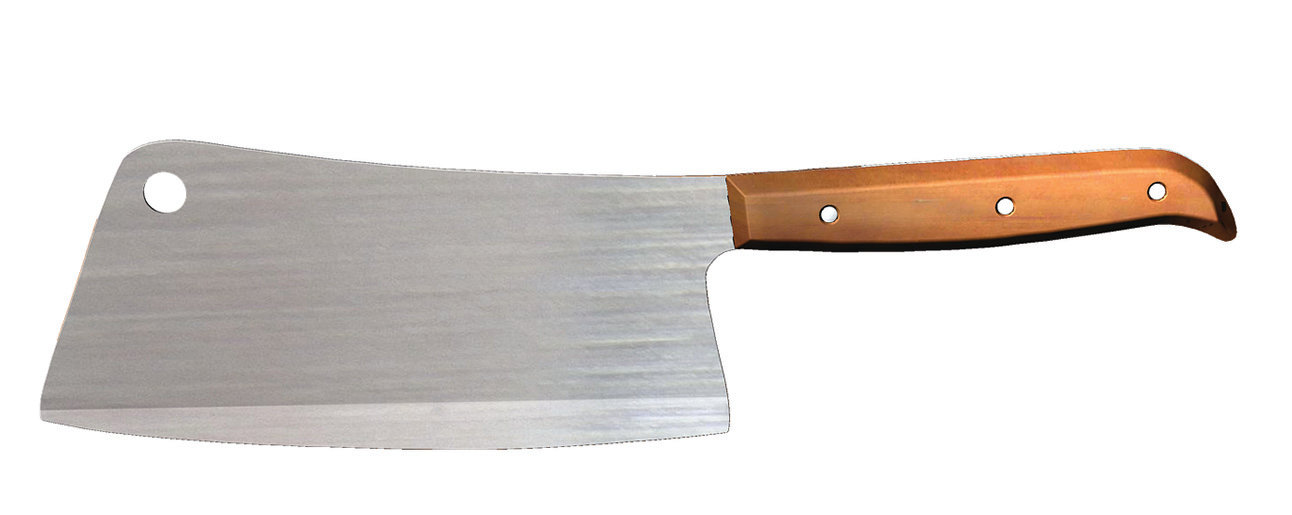What's it like slicing into an $8,900 steak? Clover man explains

By JOHN MARKS
The Herald of Rock Hill
CLOVER - Clint Boyd is a professor of meat. He knows the history, costs and cuts. He knows the culinary path from cow pen to charcuterie.
Even Boyd said he hasn't experienced anything like what he sliced on the morning of Sept. 18.
"In my blessed life of unique proteins of the world, I have done a lot of different meats," said Boyd, who co-owns Saltwater Markets in Clover with wife, Elizabeth. "That A5 is the best I've ever seen."
A5 is the best Japanese beef grade. Meat, like diamonds, has several factors determining quality. There's marbling score (the way fat weaves through the meat), breed, sex, place of origin. Carcass No. 298, a Japanese Black heifer harvested Aug. 7 from the Miyazaki region, rated high in all the boxes. The Wagyu beef, with its perfect score, came to Clover with a certificate of authenticity, complete with the cow's nose print.
"That literally represents the best that's in the U.S. this week, period," Boyd said.
On Sept. 18, Elizabeth took a Facebook live video of Clint opening the 35-day, dry-aged beef. Within hours, half of the roughly 28 pounds of beef sold. Selling raw for $20 an ounce, it's close to $9,000 worth of beef. At a fine restaurant, steaks may cost three times as much.
"It's like a mortgage payment when you open the Cryovac," Boyd said, "but it's incredible."
Wagyu, a breed like the more familiar Angus, began as working cattle 2,000 years ago in Japan, Boyd said.
"They culled the animals that could work the hardest and longest, with the least food and water," he said. "They didn't even eat them. They didn't eat meat until, I think, in the last century."
The past century or so saw Wagyu raised for food.
"What they did is they created a cow that didn't have any joint problems because it marbled intramuscularly - like in the muscle, and not in the big globs that you see on like an Angus or a Hereford," Boyd said.
The beef has lower than normal saturated fat, and the beef fat melts at about 77 degrees. The white disappears and a bright red forms when seared. The beef can be eaten raw.
"Your tongue is 20 degrees warmer than (the temperature) the fat melts," Boyd said. "So when you take a bite of it, it melts on your palate. It melts at room temperature."
Before opening Saltwater Markets, Boyd sold to restaurants in the U.S. and Caribbean. An A5 piece of meat may show up in Beverly Hills or Las Vegas, he said. Getting the best marble, best grade, best region and more, is rare.
"You maybe could find one of those things on the internet, but you couldn't find them all," Boyd said.
It takes a permit and considerable volume to import that kind of meat. Boyd's shop brings in about one cut a quarter. It's the 10th time Boyd imported something close to this quality since opening the shop, now in its fifth year.
The last time, Boyd learned the hard way not to leave high-dollar protein lying around the house. The family bird dog ate the portion Boyd took home.
"It wasn't on purpose," he said. "It was on the counter. My wife loves (the dog). That's why he's still at home."
Boyd said it might be smart pre-selling the Wagyu beef. He doesn't. The store has a VIP text list and some regulars who receive notifications. Otherwise he lets capitalism run its course.
"The best always sells," Boyd said.
Boyd seared up a cut Wednesday afternoon to share with employees. At about the square size of an old cell phone, the steak would've sold raw for $60. A little sea salt alone seasoned it.
"It's perfect," Boyd said. "It's spider-webbed perfect."
The Clover store routinely sells sashimi-grade seafood. Steaks and fish come from around the world.
"I really like sharing the best with our community," he said. "In our small community, folks over the years have kind of gotten the feeling that maybe because they live in a small town they're not allowed to eat the good stuff, or it's snobby to eat the good stuff. And so over the years, we've been really blessed to share with folks that, yeah, this is for them, too."
Sometimes it takes a conversation. On Sept. 18, a customer asked Boyd about the Wagyu, if it's the same as typical steak.
"All I can say that's similar is, this is meat," Boyd said. "You get beef. But it's not even close."
As of the afternoon of Sept. 18, Boyd still had half the Wagyu steaks to sell. He'll cut them into ounce portions, anything to let folks try the best bite of meat they've ever tasted.
"What we require, is everything to be perfect," Boyd said. "We're crazy to have a fancy meat and seafood shop in Clover, but we promise folks what we say on the door. It's going to be the best."
More Articles to Read
